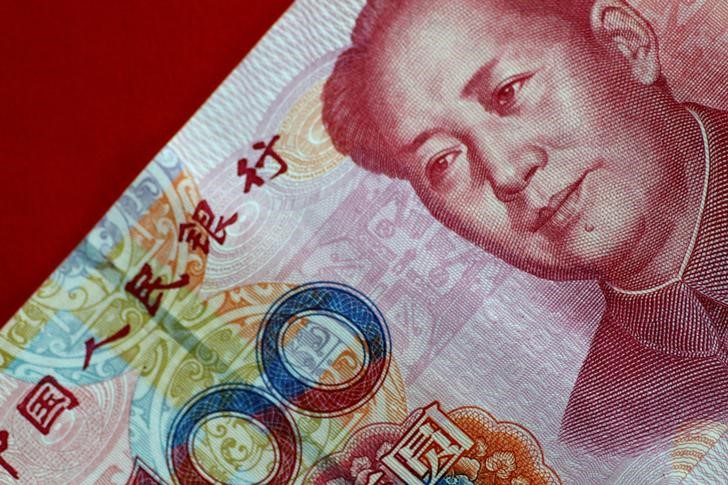(Bloomberg) --
China’s government is extending loan relief measures for the nation’s smaller businesses by nine months, giving further reprieve to trillions of yuan of troubled loans.
Small and medium-sized businesses can delay their interest and principal payments to the end of March 2021, from an original deadline of June 30, according to the text of Premier Li Keqiang’s annual policy address on Friday. For loans to so-called micro firms, banks should try their best to extend the payment holiday.
Meanwhile, the authorities also announced that big commercial banks will be required to boost loans to smaller firms by more than 40% this year, a more aggressive target than last year’s 30%.
China’s $41 trillion banking system is at the forefront of propping up companies hurt by the outbreak of coronavirus and the impact from its global spread. Called on to rescue the economy, lenders led by Industrial & Commercial Bank of China (OTC:BACHY) Ltd., more than doubled loans to businesses in the first quarter, while deferring and rolling over 1.5 trillion yuan ($211 billion) in repayments.
“The forbearance policy exceeded the market’s expectation,” said Zhang Shuaishuai, an analyst at China International Capital Corp. “The cash flow situation at small businesses remains bleak.”
Chinese authorities in March let lenders delay recognizing bad loans from smaller businesses hit by the virus and allowed some borrowers to delay payments after measures to contain Covid-19 brought much of Asia’s largest economy to a standstill. That allowed the banks to report only a 0.06 percentage point increase in non-performing loan ratios to 2.04% at the end of March.
Yet with few signs of a swift economic recovery, a June end to the government’s bad-loan holiday would have likely caused a big jump in bad debt on bank balance sheets.
S&P Global estimates that the non-performing asset ratio, a more stringent measure of troubled advances that includes forborne loans, could almost double to 10% from pre-outbreak levels this year. That’s a projected increase of 8 trillion yuan.
(Updates with analyst comment in the fifth paragraph.)
©2020 Bloomberg L.P.
